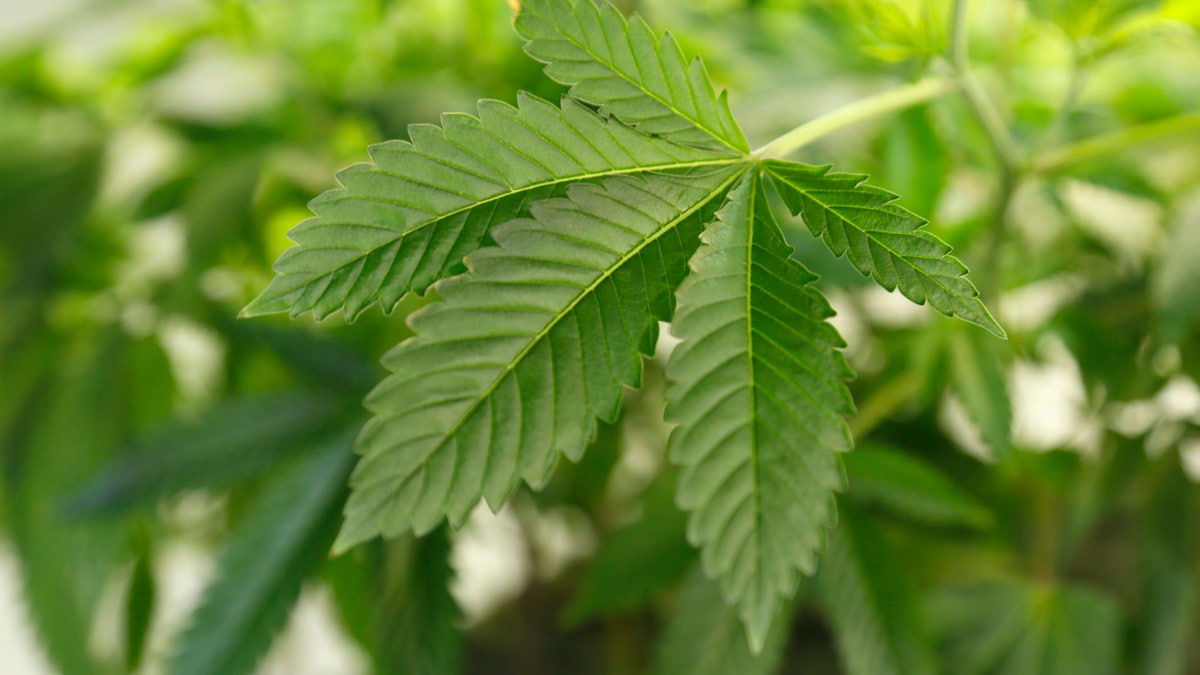
A thriving marijuana plant is seen at a grow operation in Denver, Colorado December 31, 2013. REUTERS/Rick Wilking/File Photo - RTSJ4EC
Marijuana use may be linked to a weakened heart muscle, a new studyfinds.
Researchers found that people who used marijuana were twice as likely to later develop a heart condition called transient ventricular regional ballooning (TVRB) than those who did not use marijuana. TVRB is a form of cardiomyopathy, which is a sudden weakening of the heart muscle that can mimic symptoms of a heart attack. The symptoms can include chest pain, dizziness and shortness of breath, but the condition is often temporary.
The most surprising finding from the study was that the marijuana users in the study were the opposite of the people that TVRB tends to strike in several ways, said Dr. Amitoj Singh, a co-author of the study and the chief cardiology fellow at St. Luke’s University Health Network in Pennsylvania. The condition tends to develop in post-menopausal women, he said. In the study, the marijuana users who developed TVRB were 44 years old, on average, and 36 percent were men. Among the non-marijuana users in the study who developed TVRB, the average age was 66, and just 8 percent were men.
None of the people in the study who had used marijuana died from the heart condition after being admitted to the hospital, so the study does not link marijuana use to deaths, Singh told Live Science. However, people "should be aware that certain cardiovascular abnormalities and complications can occur from marijuana use," he said.
In the study, the researchers looked at data from the Nationwide Inpatient Sample database, which includes data from community hospitals in 44 states. The researchers found 33,343 admissions for TVRB between 2003 and 2011, and that 210 of these patients had either reported that they had used marijuana, or had a marker of the drug in their urine.
After the researchers took into account a number of factors linked with TVRB, such as depression and anxiety disorders, the link between marijuana use and TVRB held, they said.
More From LiveScience
It isn't clear how the link may work. TVRB has only recently been recognized as a health condition, Singh said. Some research shows that that high levels of stress hormones are linked to the development of the condition. Moreover, studies have shown that stress hormone levels in the urine increase in people who smoke marijuana, he said.
The researchers noted that their study was retrospective, and cannot establish that marijuana maybe be a cause of TVRB. Furthermore, the researchers did not have information on how long patients had been using marijuana, how much of the drug they used, or how that marijuana was ingested. (Marijuana can be smoked, or consumed in edible products, such as brownies or candies.)
Singh emphasized that he does not discount studies that have shown some of marijuana's positive effects of people's health. However, the drug needs much more study, he told Live Science. "We don't know everything about marijuana."
Originally published on Live Science.
